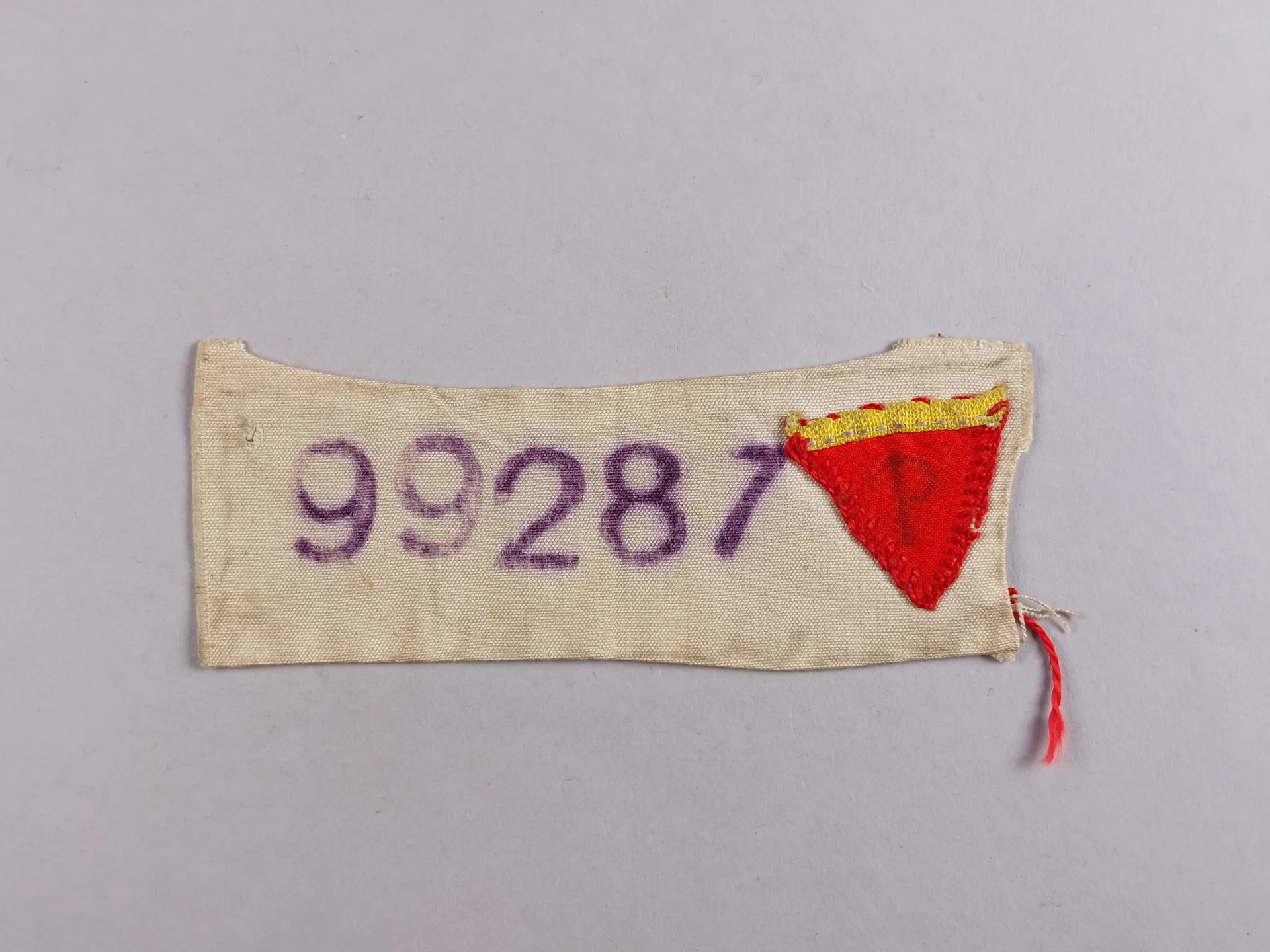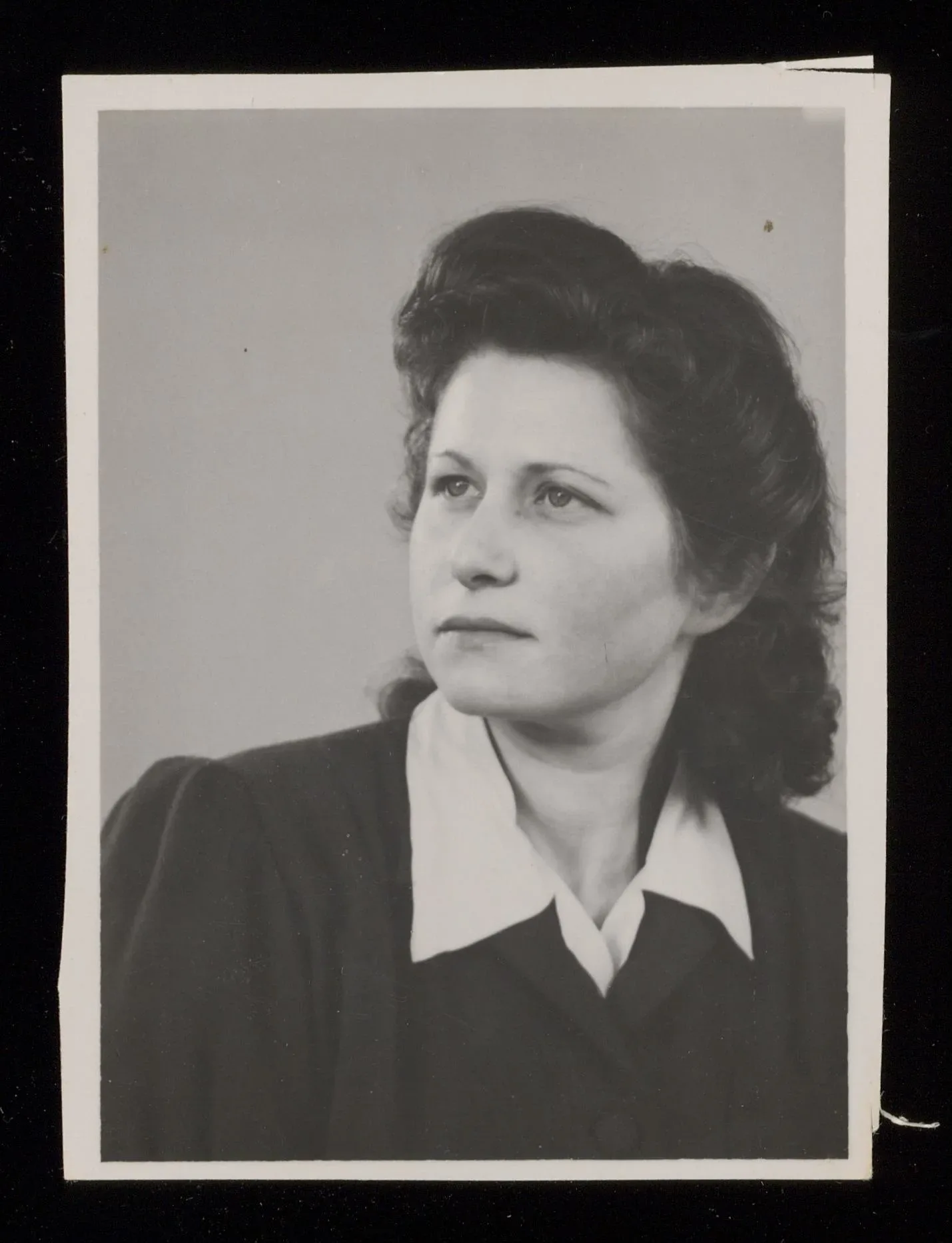Childhood
Rosa was born in Krakow, Poland, into a Jewish family. She, her seven siblings, and her parents lived in a one-bedroom apartment. When the war came in 1939, her father had just died, and her mother passed away shortly after the Germans occupied Poland. All of Rosa’s siblings, except her younger brother, had already moved out and gotten married.
The War Comes
Two of Rosa’s brothers were drafted into military service. She stayed in Krakow with her younger brother. Rosa was forced to clear out houses and apartments that German soldiers had seized from Jewish families. Life was hard, and Rosa and some of her friends decided to hide in the forest until the worst was over. They managed to stay away for two weeks before they were discovered and captured.
Rosa was forced into a cattle car and traveled for three days before arriving at Auschwitz-Birkenau, the death camp. She stayed in Auschwitz for one and a half years, working in an ammunition factory.
Only the strongest survived for any length of time. It was not meant for us to live long, only as long as the strength we had when we arrived at the camp lasted.
Rosa was later sent to a military airfield to clean airplanes and hangars. It was dangerous work because the British and Americans continuously bombed the airfield.
After about a month, Rosa was transferred to Ravensbrück, a women’s concentration camp, where she was eventually liberated by the Red Cross. Before the liberation, the prisoners at Ravensbrück were ordered by SS soldiers to tear off the prisoner numbers sewn onto their clothes. Rosa tore off her number but hid it and refused to hand it over. The SS soldier said he would come back to collect the number, and if she refused again, she would most likely be shot—but the SS soldier never returned.

When the camp gates were opened, white buses were waiting outside. Rosa was initially afraid it was a trap, but the Red Cross staff spoke so kindly to the freed prisoners that Rosa and the others finally dared to board. There, they were told they would be taken to Sweden.
Journey to Sweden
During the journey, Rosa’s group was attacked. It was likely the same attack where the driver Ringman was killed and Hallquist was injured. Rosa and the other prisoners hid in the forest and, after a while, were able to get back on the buses and continue. Rosa and the other passengers on the bus only drank water; they neither received nor dared to eat anything because they had been starving for so long that their bodies probably couldn’t handle solid food.
Sweden
Rosa first arrived in Malmö and was then sent to Lund, where she stayed at a school together with many other freed prisoners. Rosa was later moved to Ambjörngården in Nässjö and then to Visingsö. On Visingsö, Rosa met her future husband, Gunnar Gustafsson. After that, Rosa got a job at the Stensholm factory.
Rosa and Gunnar married and had a son, Lars-Åke. Rosa later worked as a member of the women’s auxiliary and was active in the church and various associations.
Rosa visited Poland several times and also made a visit to Auschwitz. She made several attempts to find out what happened to her seven siblings and their families but never found anything. As she grew older, Rosa traveled to different schools to share her experiences. After Rosa’s death, her son Lars-Erik continued to tell his mother’s story.
